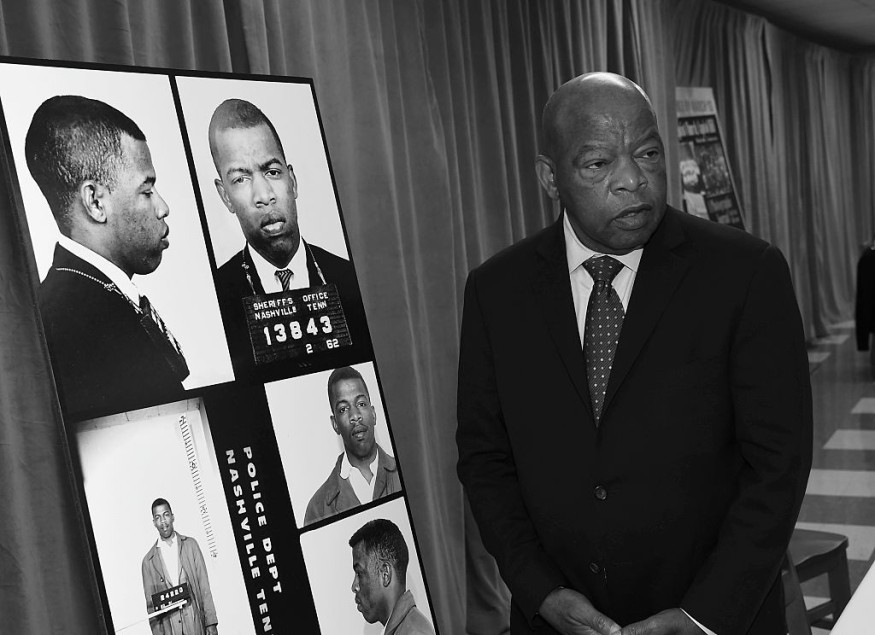Civil Rights Icon John Lewis’ Leaves Behind an Inspiring Legacy

Representative John Lewis has been known for his commitment to bring a new generation of leaders and activists. But that might not be the only thing he is remarkable for.
He can be most remembered for his fight against discrimination and racism in the Jim Crow South. Lewis also served as a congressman, who represented Atlanta for more than three decades. He is also known for fighting for equal voting rights in America his whole life.
Until his death, Lewis believed in the power of ordinary people to redeem the soul of America, which was quoted in his essay posthumous op-ed published on Thursday.
Aside from being a civil right icon, here are some other stories to commemorate John Lewis' life:
Bloody Sunday
John Lewis marched to the apex of the Edmund Pettus Bridge in Selma on March 7, 1965. The reason behind the march was to bring focus to the lack of voting rights in Alabama and other areas across the country for blacks.
When they reached the apex of the bridge, the marchers were beaten back by police officers using clubs, whips, and tear gas.
The Rev. Martin Luther King Jr. was also present during the 1965 march. Lewis was 25-years-old at the time.
Big Six
The 'Big Six' is used to describe the six most prominent African-American civil leaders during the 1960s.
John Lewis was the youngest member of the said group, with Asa Philip Randolph, Martin Luther King Jr., James Farmer Jr., Whitney Young Jr., and Roy Wilkins as other members.
The "Big Six" organized the movement for the March on Washington. It happened in 1963.
Presidential Medal of Freedom
In 2011, John Lewis received the Presidential Medal of Freedom, which is the country's civilian honor.
Former U.S. president Barack Obama personally called Lewis to let him know the news. Obama called Lewis as the "conscience of the United States Congress."
Many Arrests
During his years fighting for justice and voting rights, Lewis was handcuffed around 45 times and was arrested 40 times. During his term as a congressman, he was arrested five times.
As A Writer
Lewis published his acclaimed biography "Walking With the Wind: A Memoir of the Movement" in 1998. In 2016, he received the National Book Award for his autobiography.
He also created a graphic novel with writer Andrew Aydin and illustrator Nate Powell. The graphic novel "March: Book Three" won for young people's literature.
The New York Times Essay
Lewis managed to write his essay "Together, You Can Redeem the Soul of Our Nation" published in The New York Times. In his essay, he called Americans to answer the highest calling of their hearts and to stand up for what they truly believe.
His essay began by saying that he is filled with hope about the next chapter of the great American story when everyone uses their power to bring change in the society.
"When historians pick up their pens to write the story of the 21st century, let them say that it was your generation who laid down the heavy burdens of hate at last and that peace finally triumphed over violence, aggression and war," Lewis concluded in his essay.
Check these out:
US Navy to Name Ship for Civil Rights Icon Rep. John Lewis
Florida Senator Rubio Faces Criticism for Confusing John Lewis, Elijah Cummings in Tribute Tweet
Subscribe to Latin Post!
Sign up for our free newsletter for the Latest coverage!

















